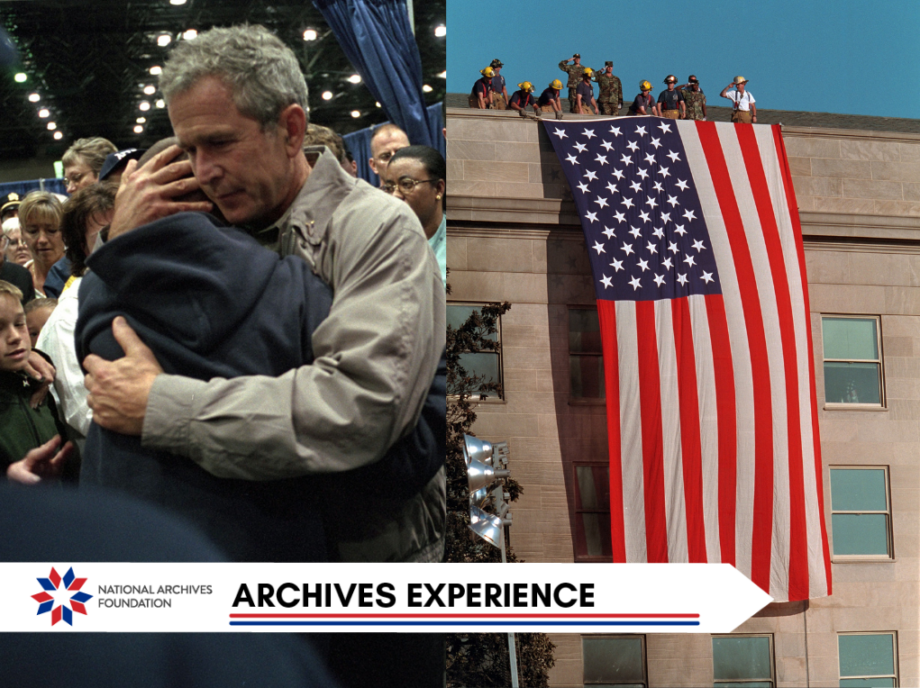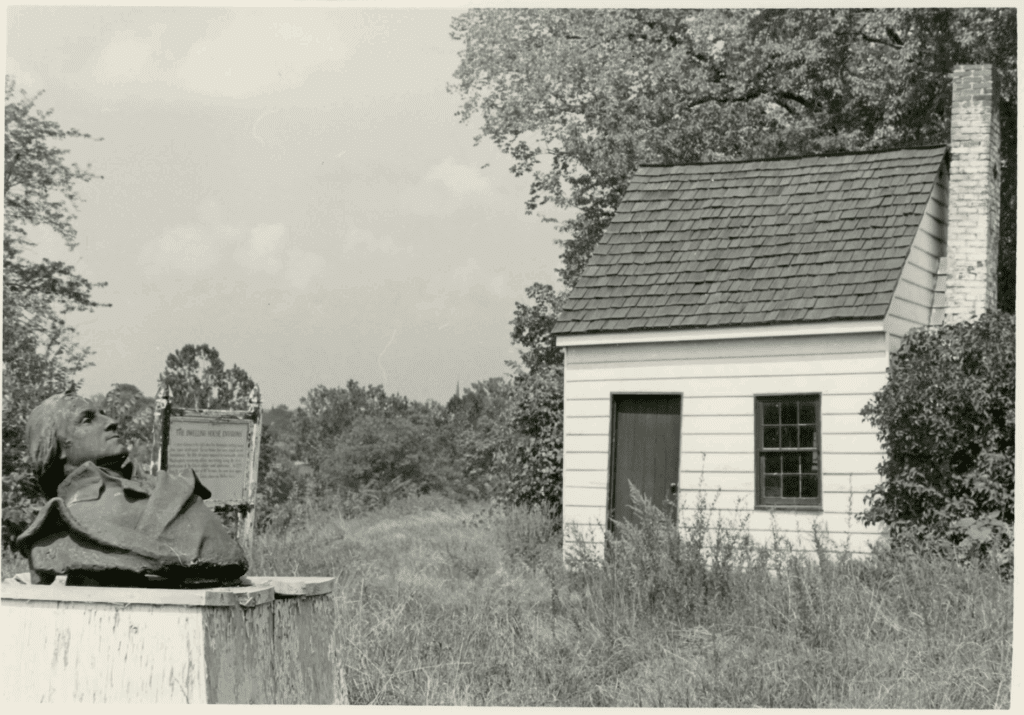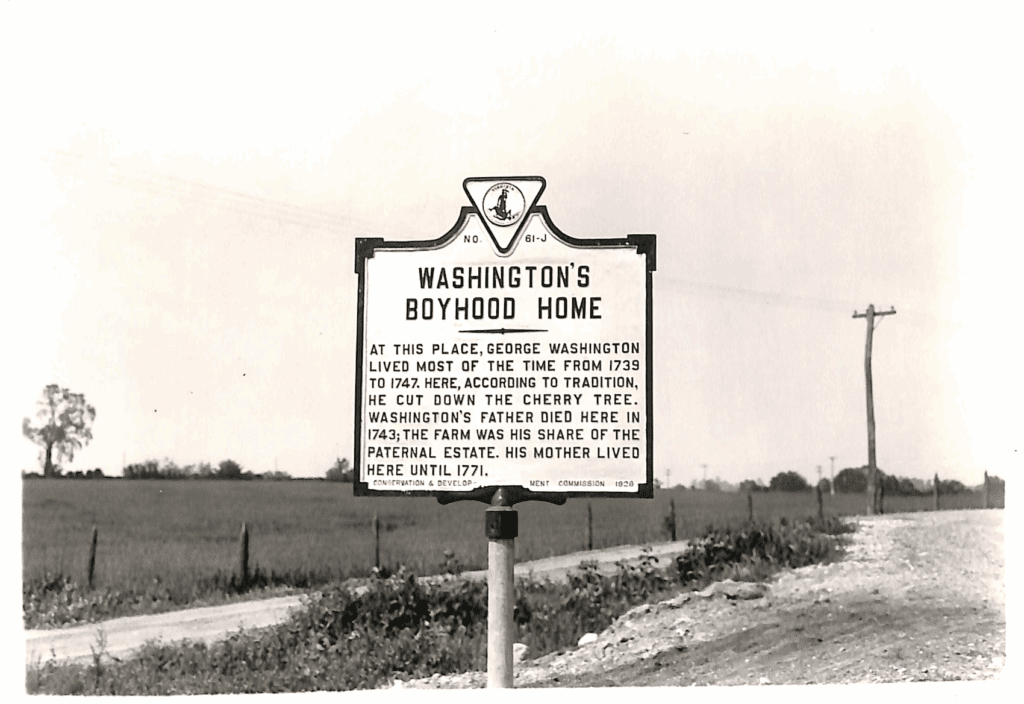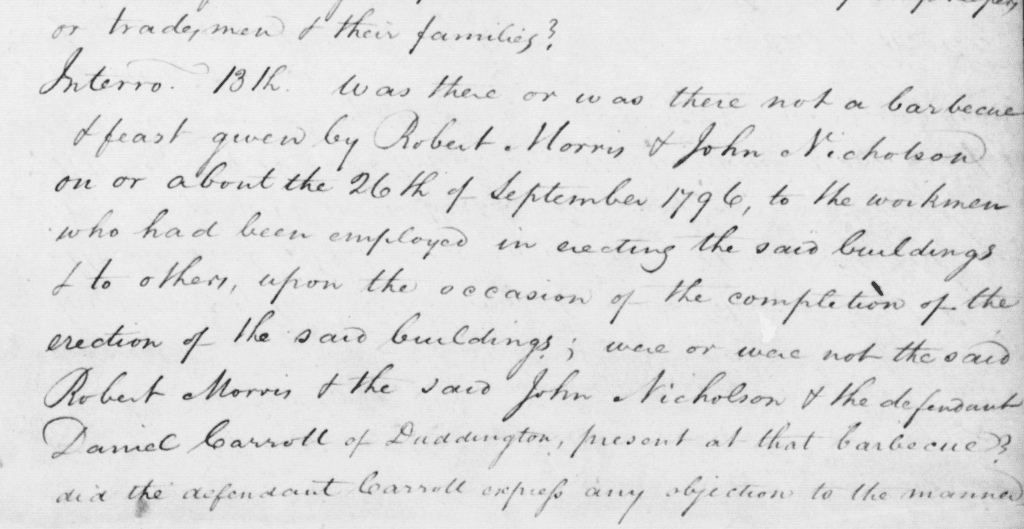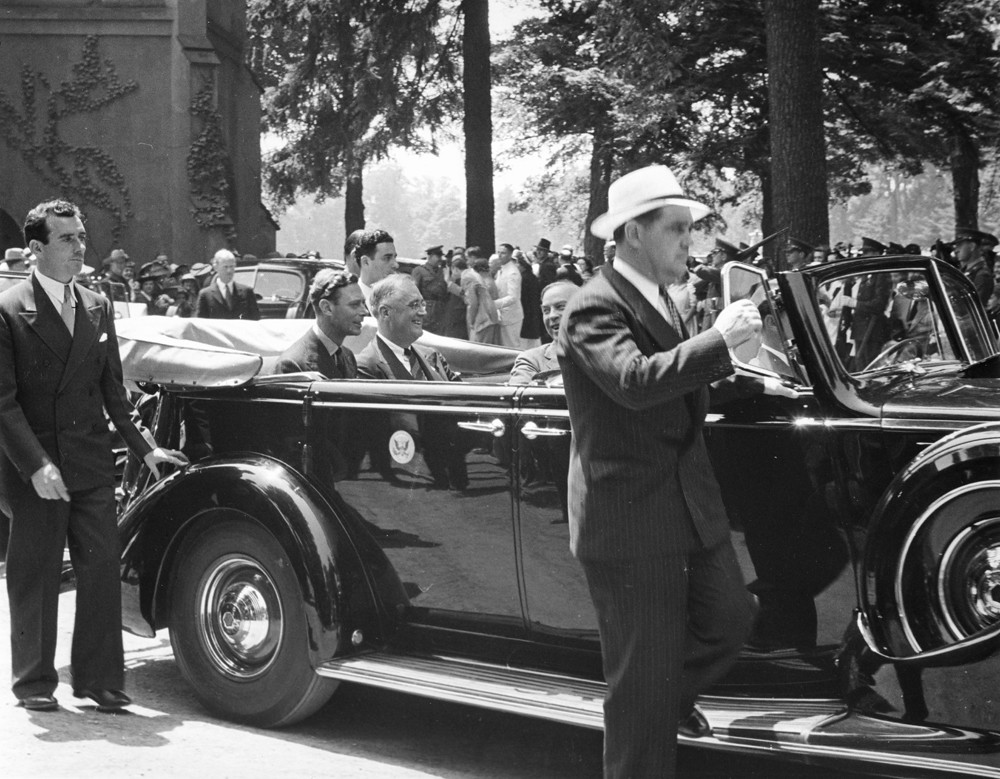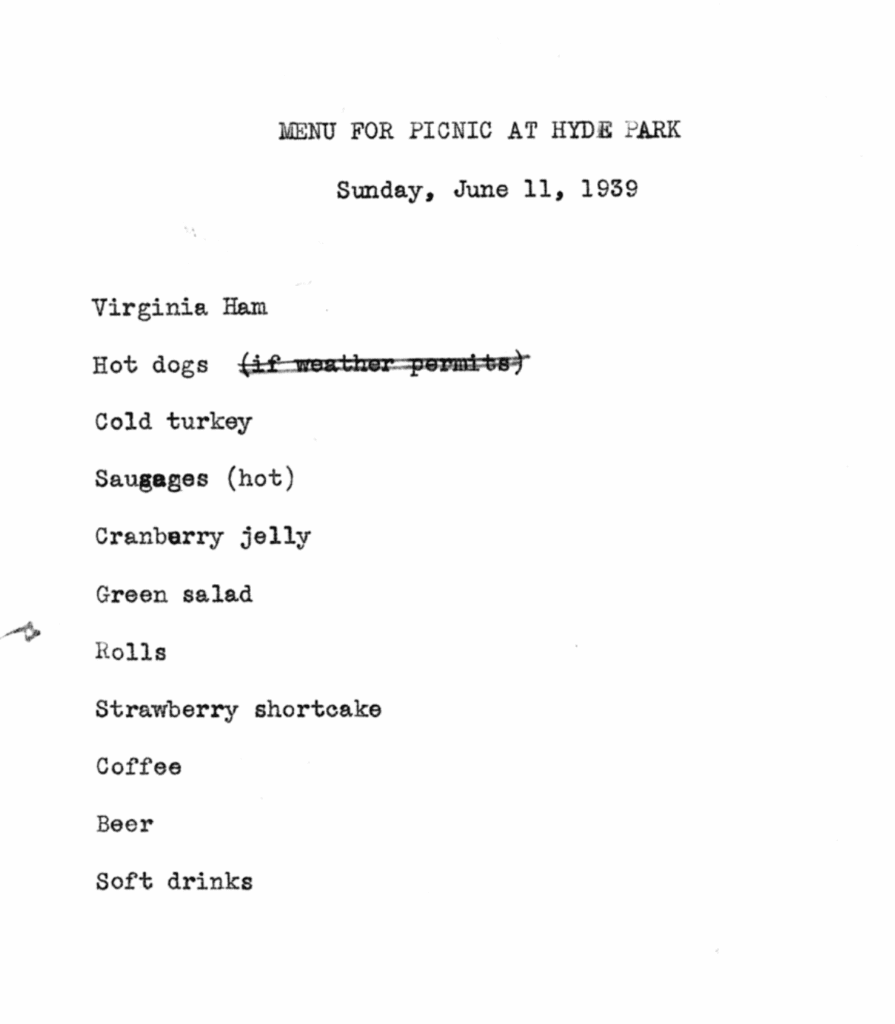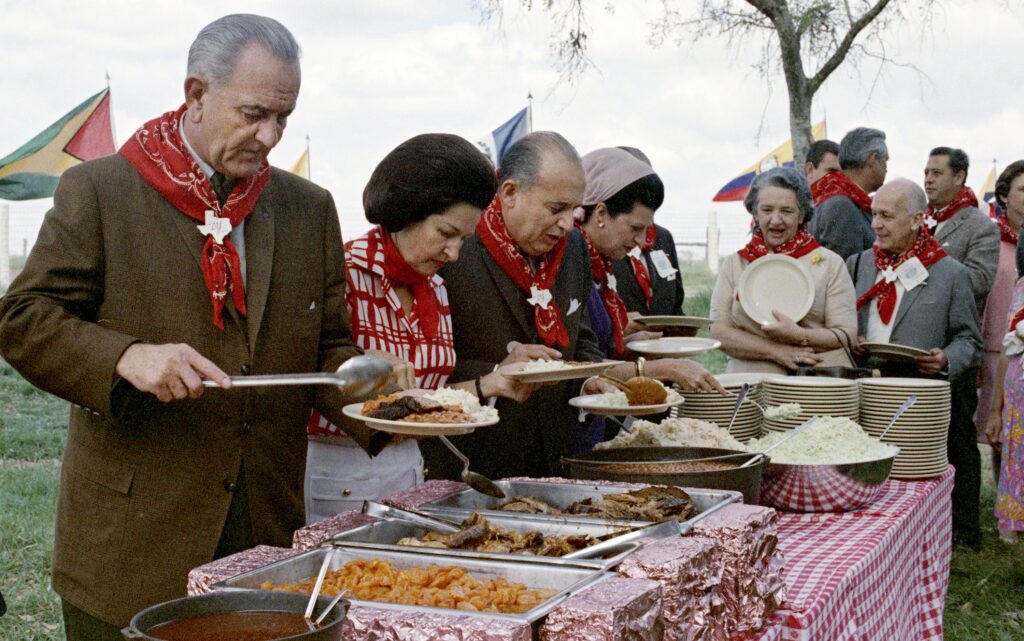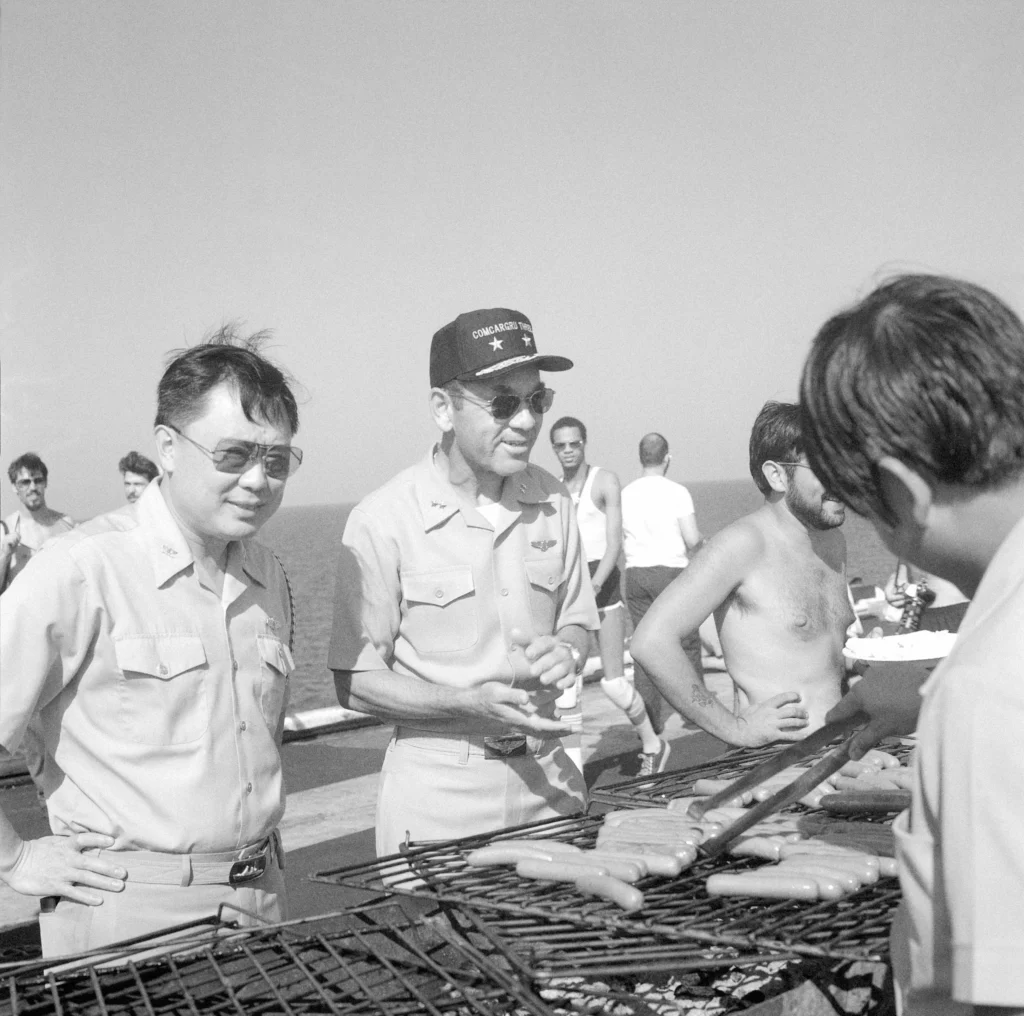BBQ: A Delicious Tradition
The weather’s getting nicer, summer’s right around the corner, and this week we’ll celebrate National BBQ Day (May 16)! Food, particularly barbecue, has long been a great mediator of all sorts of gatherings, whether between family or international delegations. As we delve into this flavorful facet of U.S. history through the records, we’ll trace the ways in which barbecue has become more than just a type of food or cooking technique, but also a time-honored outdoor tradition with all sorts of grilled goodies and even cross-cultural exchanges.
Tracing the Grill-eage
Experts agree that what Americans know as “barbecue” originated with the barbacoa tradition found in various Caribbean cultures. Barbacoa simply refers to the act of cooking marinated meats over a flame using wood plates to keep the meat from burning. Early Spanish settler-colonialists who encountered these cultures brought the cooking technique with them northward over time, extending all the way up to the Virginia colony.
In the summer of 1770, George Washington ventured to his boyhood home in Fredericksburg, Virginia. One notable item on his agenda came on August 4, when he dined at what he called a “Barbicue,” similar to a modern cookout. Even back then, these gatherings were an informal event. In other words, they were pretty darn similar to the barbecues we know and love today, which speaks to their enduring charm as a central part of American culture.
Even among some of the oldest records in the National Archives dating back to the early 19th century, you can find mentions of barbecues. For example, the docket below from an 1812 appeal to the Supreme Court lists out questions from Judge William Cranch. In the 13th question (‘Interrogatory 13th’), he asks about whether a “barbecue or feast” took place at a certain residence. Later on in the docket, one witness recounts that “the barbecue was given.”
Throughout the rest of the 19th century, regional varieties of barbecue sprang up, from Texas to Kansas to Carolina styles. Not only did the cuisine vary, but the term itself came to mean a gathering over grilled foods of all kinds.
Barbecue also has a rich history associated with African American communities. For both freed and enslaved African Americans, barbecues became a symbol of unity and resilience. Before emancipation, barbecues often coincided with the day or two of the week that enslaved people were not forced to work, so it could offer a moment of respite.
Politics at Dinner Table…or Picnic Blanket
Many Presidents throughout history have hosted foreign leaders and dignitaries, often treating them to signature American meals. President Roosevelt, for example, was the first U.S. President to welcome the sitting British monarchs, King George IV and Queen Elizabeth, onto American soil.
After two formal days in Washington, the royal couple's visit took on a more relaxed tone as they joined the Roosevelts at their Hyde Park home, where casual dinners and simple conversation replaced more traditional ceremonies. The highlight was the picnic at FDR’s hilltop retreat, where hot dogs took center stage on the menu. While barbecue was not literally on the menu, this “hot dog diplomacy,” which combined American cuisine with an informal diplomatic setting, certainly set the stage for what was to come.
BBQ Diplomacy
It is President Lyndon B. Johnson who is generally credited with the advent of “barbecue diplomacy.” The Texas titan was quite fond of barbecue, especially when it was served at his beloved ranch.
In 1963, he hosted West German Chancellor Ludwig Erhard at the ranch, serving mesquite-smoked brisket, pinto beans, and Hill Country sausage. Johnson used these informal meals to create a more relaxed environment for negotiations and to show some genuine southern hospitality. His outdoor feasts doubled as political theater, projecting strength, hospitality, and American abundance.
On April 1, 1967, at one of the largest barbecues attended by 35 Latin American ambassadors, President Johnson hosted a grand Texas-themed reenactment and pledged major food aid to India and CARE as part of his War on Hunger initiative.
Barbecue stands as more than just a time-honored culinary tradition in the United States. The act of grilling meats and serving up hot dogs, if you can believe it, has become a powerful symbol of American life - in the National Archives.
Related Content
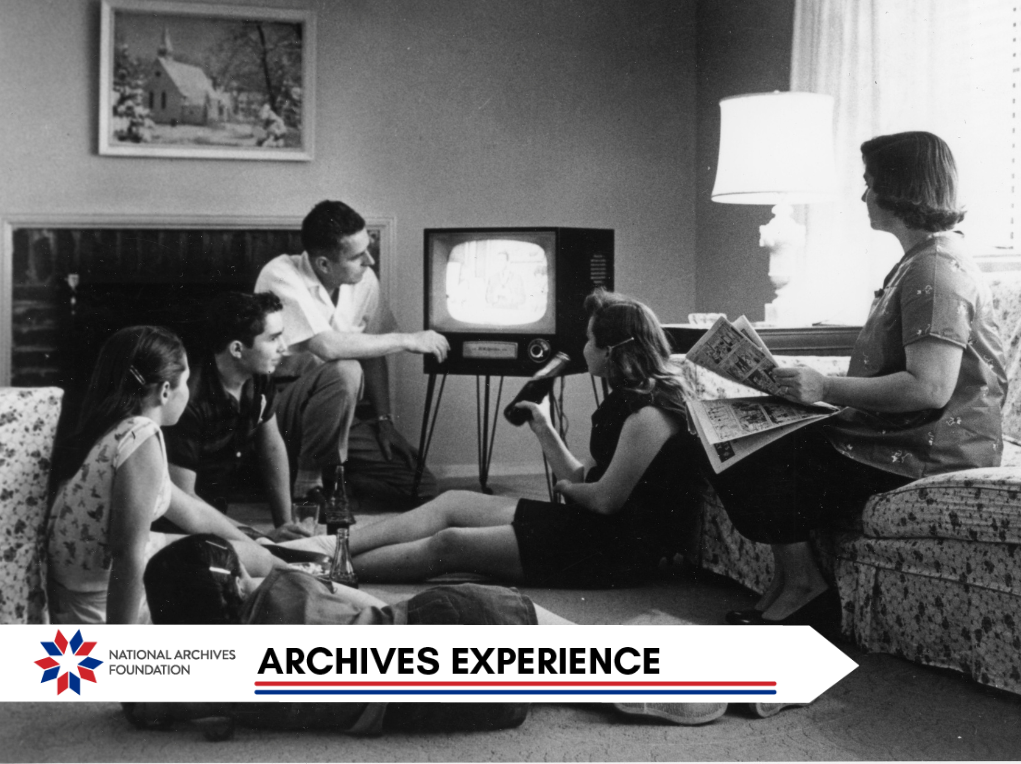
On Air with the President
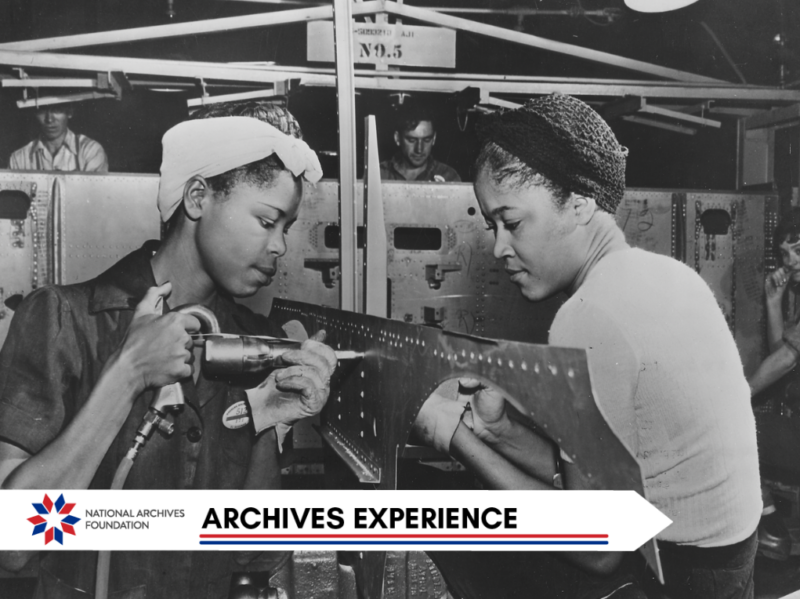
One by One: Evolving Women’s Rights
